How to Handle a Dental Emergency
Dental emergencies can be stressful, especially around the holidays. It is important to stay calm. Here are some tips to help you manage a dental emergency effectively.
- Assess the Situation.
- Contact your dentist. You want to visit your dentist as soon as possible. If the accident occurs when your dental office is not open, visit your local emergency department (ER).
- Here are steps based on common dental emergencies.
- Knocked-out Child (Primary) Tooth: Typically, it is not recommended to re-implant a baby tooth due to the risk of damaging the developing permanent tooth. Find the tooth and place it in milk or saliva (spit into a cup) to transport to the dentist. See a dental professional right away for an examination, radiograph, and determine the possibility of re-implanting the tooth.
- Knocked-Out Adult (Permanent Tooth): This is a dental emergency and needs to be re-implanted within 2 hours. Do not touch the root of the tooth (bottom portion) and do not scrub the tooth. Rinse it off with saliva, milk, or water. Place it back into the tooth socket facing the correct direction. Press down on the tooth with your thumb until the top of the tooth is level with the adjacent teeth. Bite down on a piece of gauze or cloth to stabilize the tooth until you can be seen by your dentist. It that’s not possible, place it in milk or your saliva (spit into a cup) to transport to the dentist.
- Broken or Chipped Tooth: Rinse your mouth with warm water to clear the area. Put a cold compress on your face to reduce swelling. See a dental professional right away.
- Tongue or Lip Bite: Clean the area gently with water and apply a cold compress. If there is excessive bleeding or in a lot of pain visit your dentist or the emergency room.
- Toothache: Rinse your mouth with warm water to clean it out. Gently use dental floss to remove any food caught between your teeth. Do not put aspirin on the aching tooth or gums, as this can irritate the gum tissue. If pain persists, contact your dentist. For immediate relief you can take an over-the-counter pain reliever.
Preventing Tooth Injuries
- Do not hold objects in your mouth while walking or running.
- Do not to suck or chew on hard, sharp, or pointed objects.
- Wear a mouthguard for sporting or recreational activities that could cause injury.
- Wear a seat belt while riding in a vehicle.
- Avoid oral piercings, which can damage teeth and gums.
While the area is healing it is still important to remove plaque twice a day with brushing. You want to use a very soft toothbrush. TePe offers TePe Special Care & TePe Special Care™ Compact with ultra-soft bristles. It is always best to consult your dental professional when deciding how to care for areas that are tender.

Read More:
Dental Emergency - What if I break a Tooth | MouthHealthy - Oral Health Information from the ADA


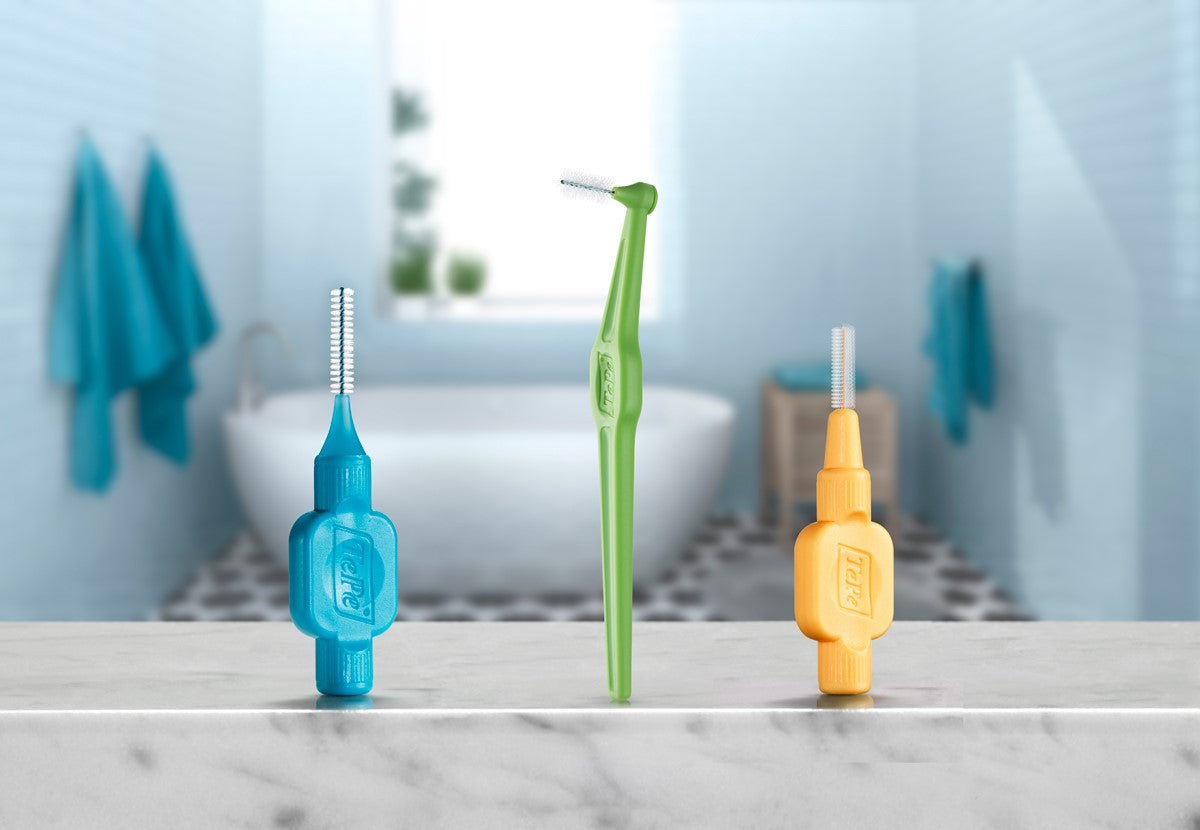
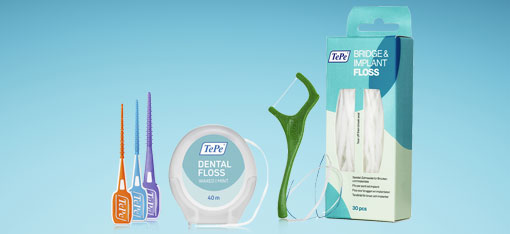
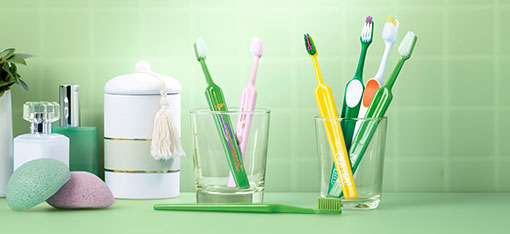
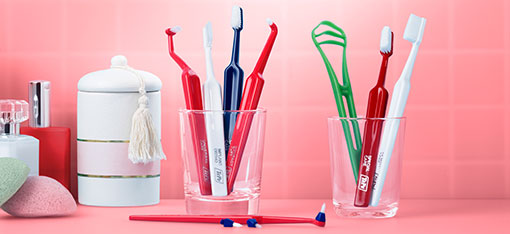
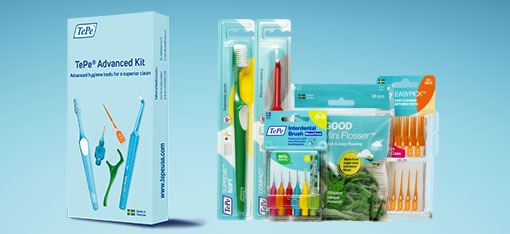




Leave a comment